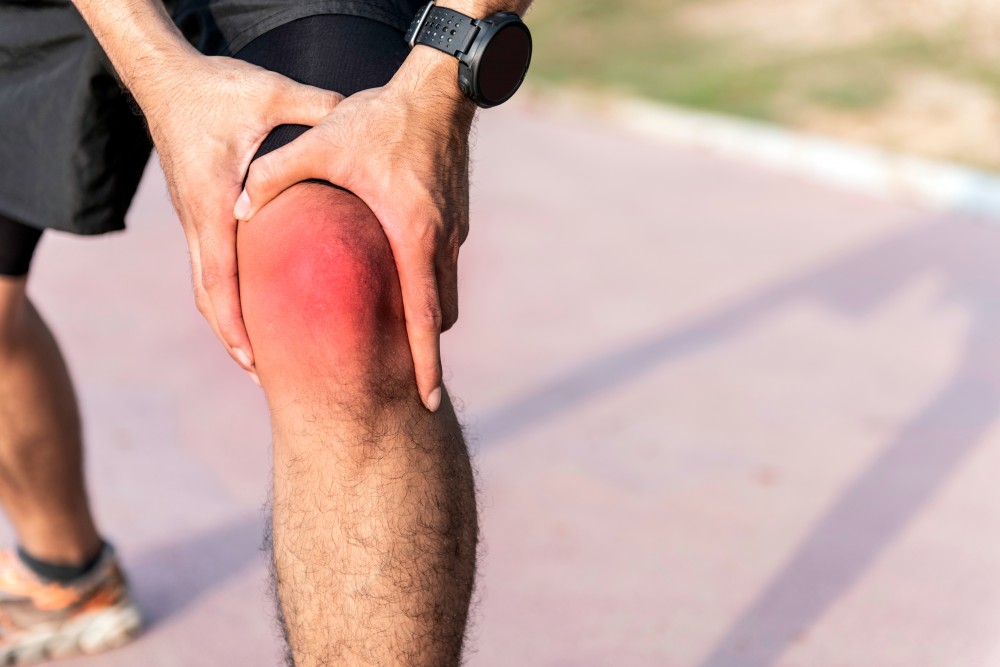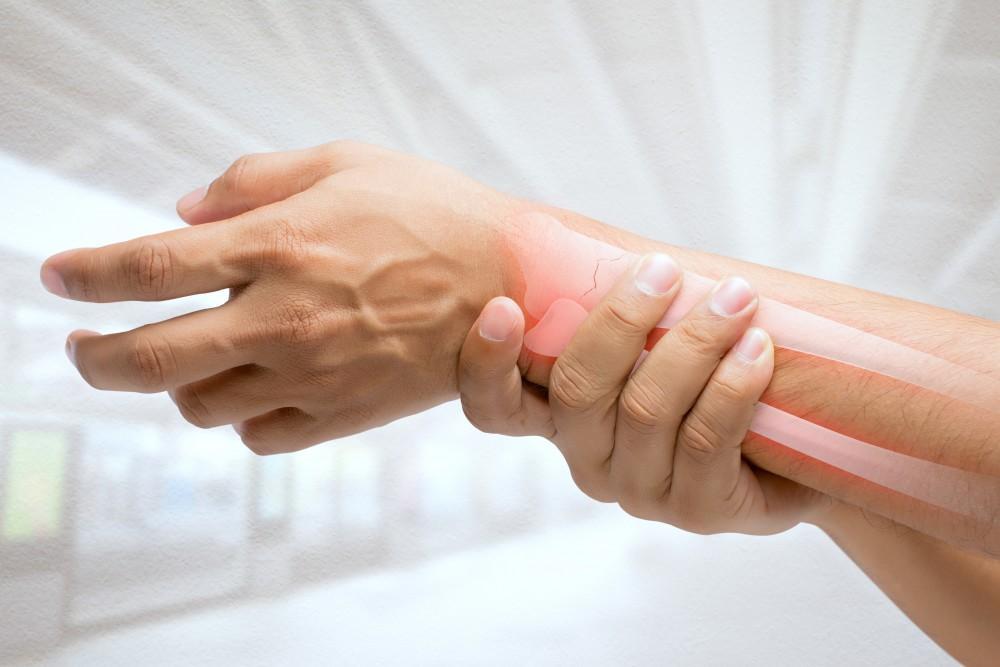
What Causes a Disc to Herniate?

The 23 vertebral discs in your spine serve several critical purposes. They ensure that your vertebrae are held together, are cartilaginous joints (joints that have cartilage between them enabling movement), and they’re vital shock absorbers since they’re positioned in between your vertebrae.
Unfortunately, discs are vulnerable to problems, and one of the most common is disc herniation. This painful condition affects those mainly in their mid-30s through their mid-50s, though folks in other age groups aren’t immune.
Our caring team of orthopedic experts at Advanced Spine and Pain consists of Dr. Thomas Raley, Dr. Randy Davis, Dr. Brian Lee, and Dr. Alfred Correa. They approach your disc discomfort as a condition that’s unique to you, not merely a set of symptoms.
How do the discs work?
Your disc’s interior is soft and jelly-like, and that inner core is protected by a strong, fibrous exterior. This ingenious design allows your disc to simultaneously be strong enough to separate your vertebrae and pliable and pillowy enough to compress when your spine shifts as you bend or twist your body.
When your disc becomes herniated
A herniated disc originates from sustaining a tiny tear or vulnerable spot in the tough outer portion of your disc. This allows a pathway to develop through which your disc’s soft inner gel escapes. When it bulges out of the opening like this, the herniation can put pressure on the nerves in your spinal canal, resulting in pain, weakness, tingling, and numbness.
What’s more, the location and type of your pain depends on where your herniated disc is. If herniation happens in your upper spine, you experience pain in your neck, shoulder blade, arm, or even your fingers. If it occurs in your lower spine, you feel pain and notice weakness in your leg — including your calf, hip, buttocks, and the bottom of your foot.
At its worst, a herniated disc can even compress the nerves that control your bowel and bladder, leading to bladder and bowel incontinence.
A herniated disc can really reduce your quality of life because even minor movements and those you can’t control, like a sneeze, cause major pain. You may find yourself contorting your body into certain positions if you notice the pain lessens, but this is obviously not a practical long-term solution.
What leads to a herniated disc?
We know that the chief cause of a herniated disc is the inner core leakage outside the disc’s tough exterior, but there are multiple factors that lead to this, including:
1. Genetic issues
Herniated discs run in some families, unfortunately. When this happens, you can get a herniation at a much younger age than is typical, even under 21 years of age. Researchers are working to learn which specific genes are associated with inherited disc herniation.
2. Wear and tear
The main culprit responsible for the degradation of your discs is aging. With decades of demands placed on your discs, like standing and performing varied body movements, they simply break down.
3. Activities
You’re at higher risk for herniated discs if you play certain sports, but going overboard on training or failing to train safely and correctly can contribute to herniation, too. You’re more likely to get a herniated disc if your job is heavily physical as well, but sedentary work like office work and driving all day also set you up for problems.
4. Extra pounds
Being overweight or obese increases the likelihood that you’ll suffer a herniated disc.
5. Improper movement
You can herniate your disc if you demand too much from your body, like lifting something that’s too heavy. Twisting too quickly or awkwardly can also contribute to the problem.
You can control some herniated disc risk factors, but others you can’t. Do all you can to discourage the condition, but if you experience symptoms, get checked out by our team, ASAP.
What treatments are available for my herniated disc?
We’re happy to offer a variety of effective herniated disc treatments. You may find that pain medication, physical therapy, and epidural steroid injections help with herniated disc pain. Time and rest can also support healing.
When conservative treatments don’t help, we offer minimally invasive surgical solutions.
One is microdiscectomy, where we create minute incisions above your herniated disc and remove fragments of it. This surgery is quite effective at alleviating herniated disc pain.
Laser endoscopic discectomy is another healing procedure, in which we make a tiny incision near your affected disc and insert a small, thin tube with a tiny camera on it that allows us to target precisely where we need to take out bits of disc. This relieves that uncomfortable nerve pressure.
Both surgeries are outpatient procedures that offer noticeable and quick pain relief.
Call the Advanced Spine and Pain office nearest you to schedule a herniated disc consultation, or book one online.
You Might Also Enjoy...

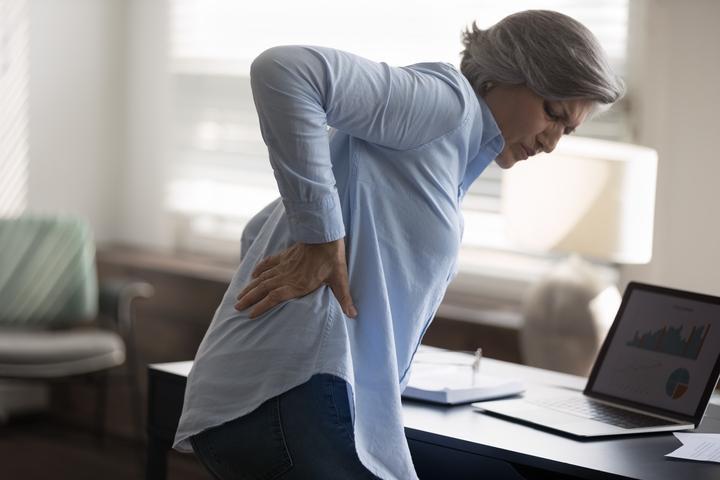
Understanding the Difference Between Cervical and Lumbar Stenosis
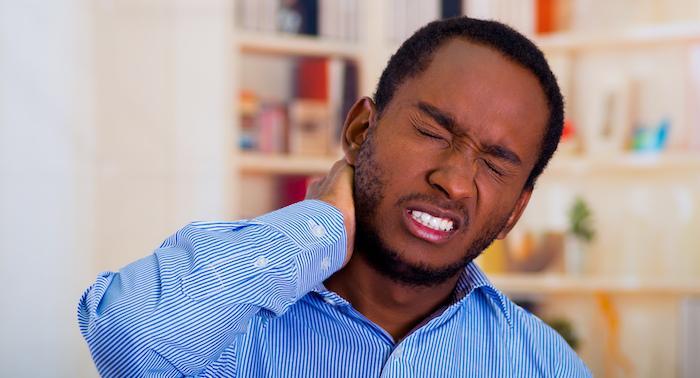
What to Expect After Radiofrequency Ablation for Neck Pain
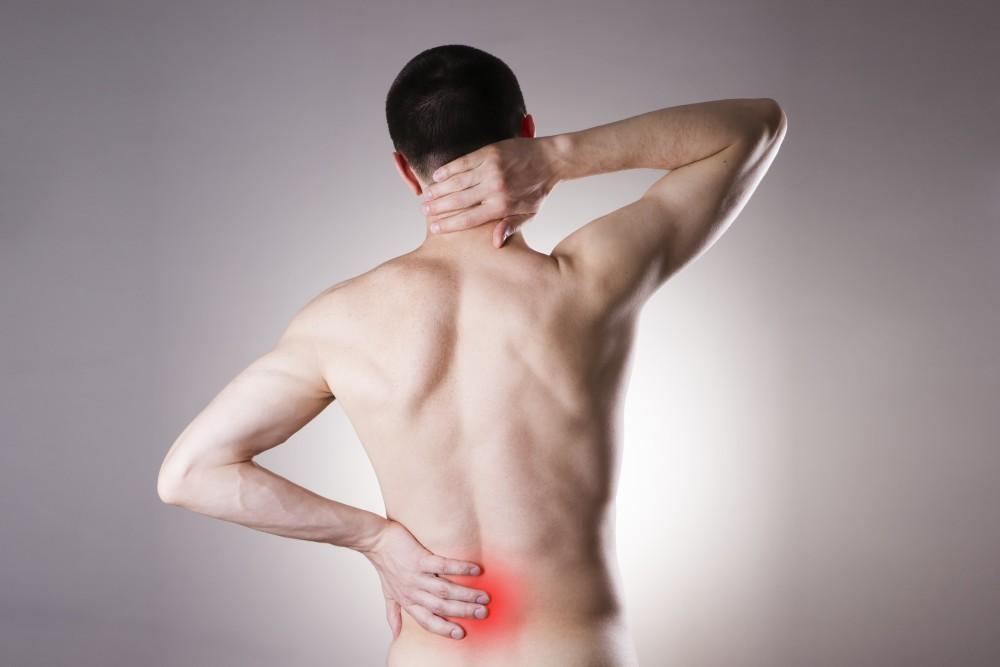
When to Consider Injections for Your Sciatic Pain
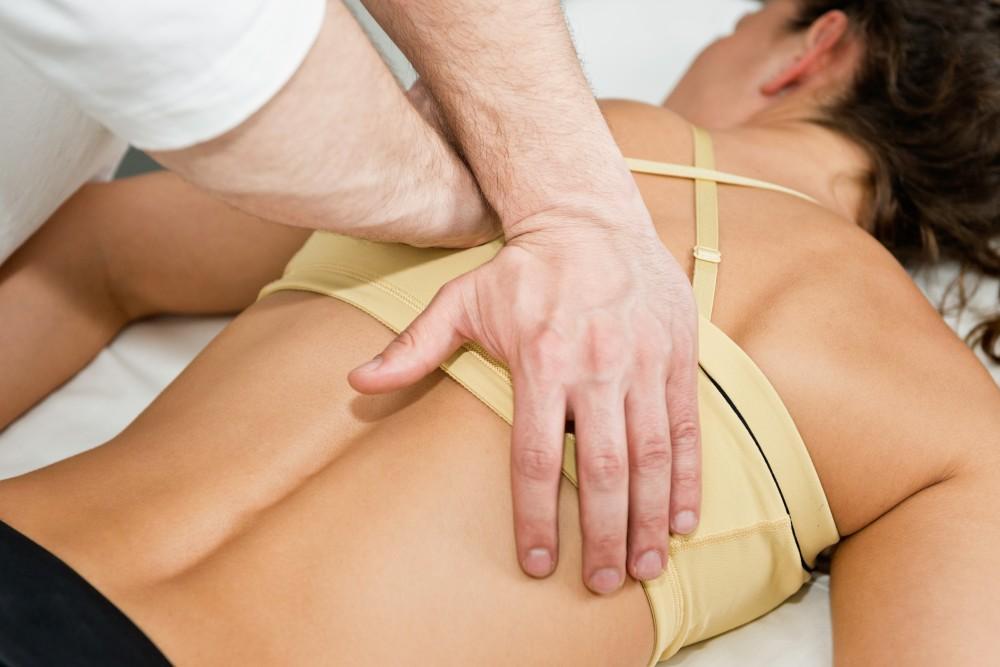
What Happens When You Throw Your Back Out?
